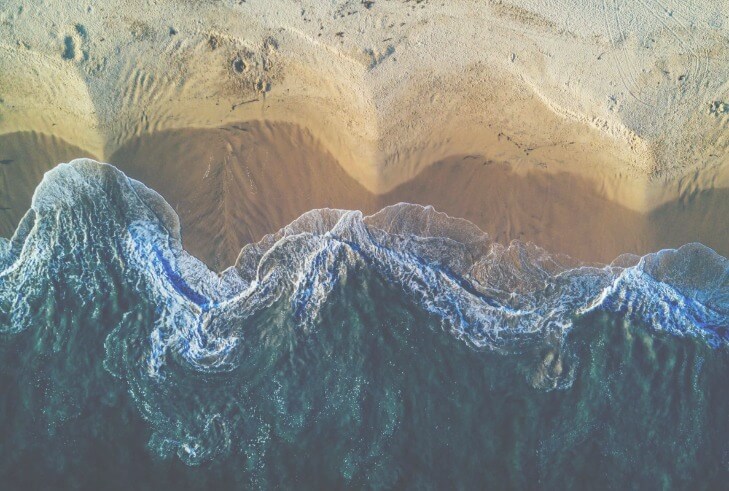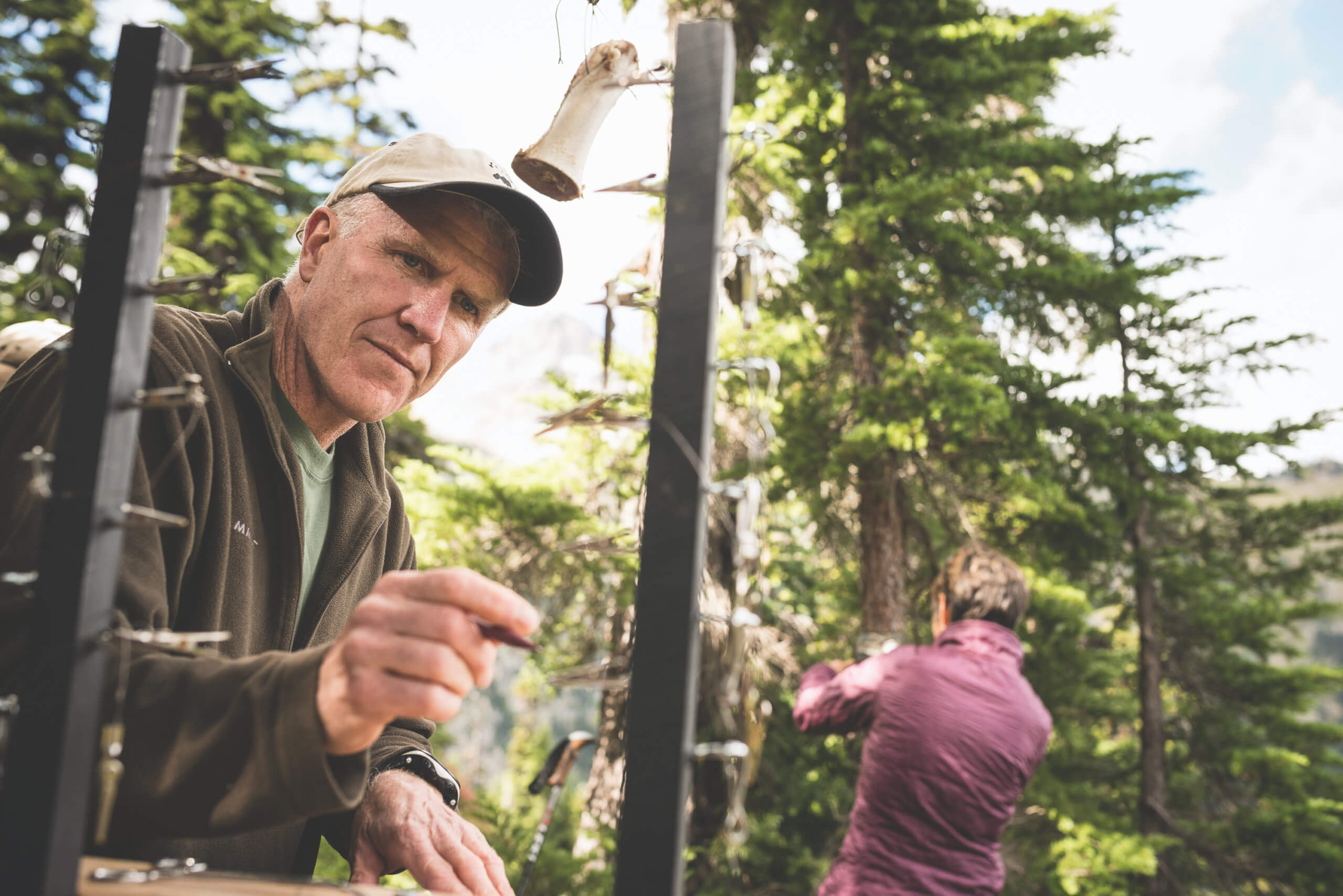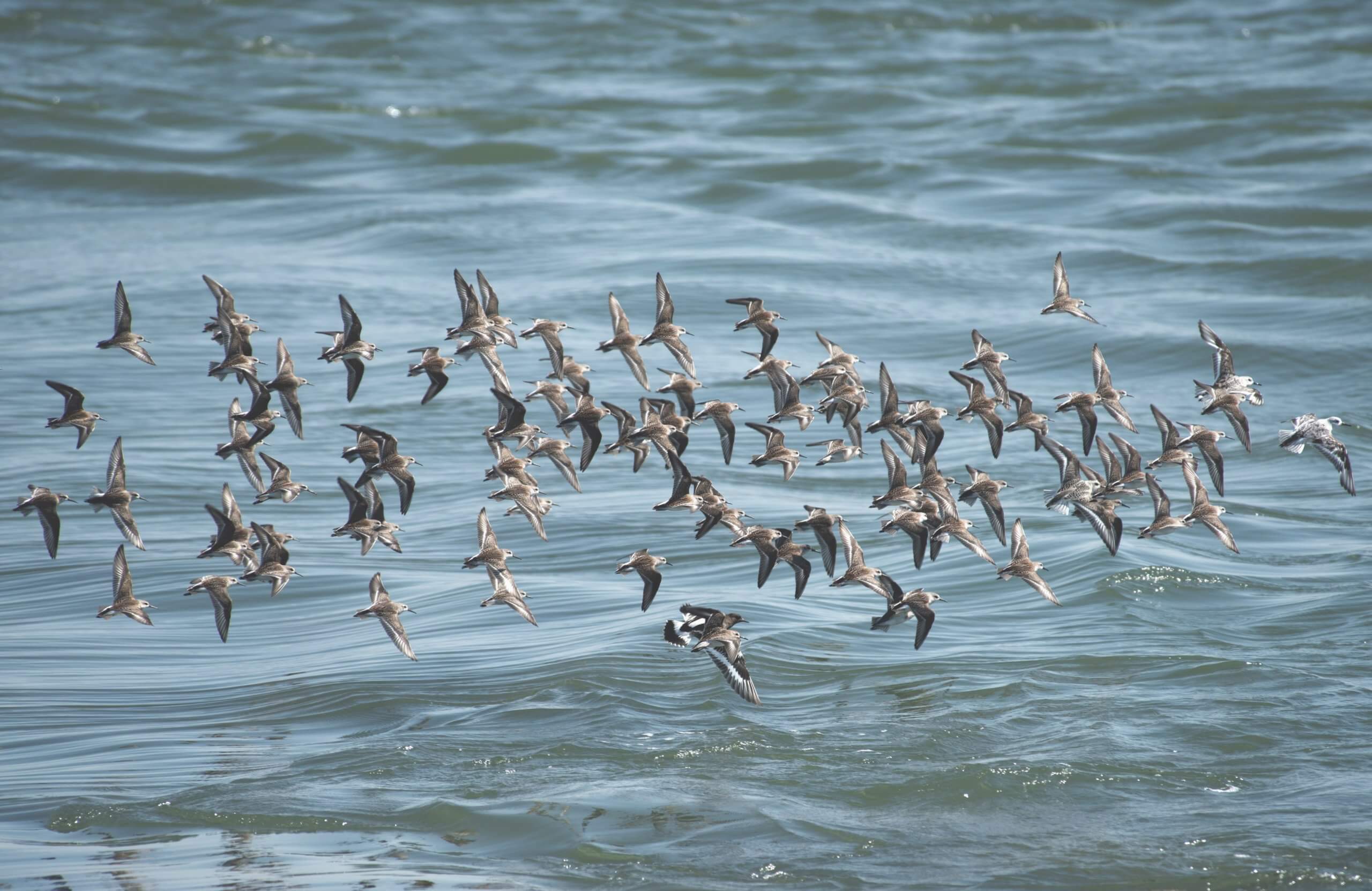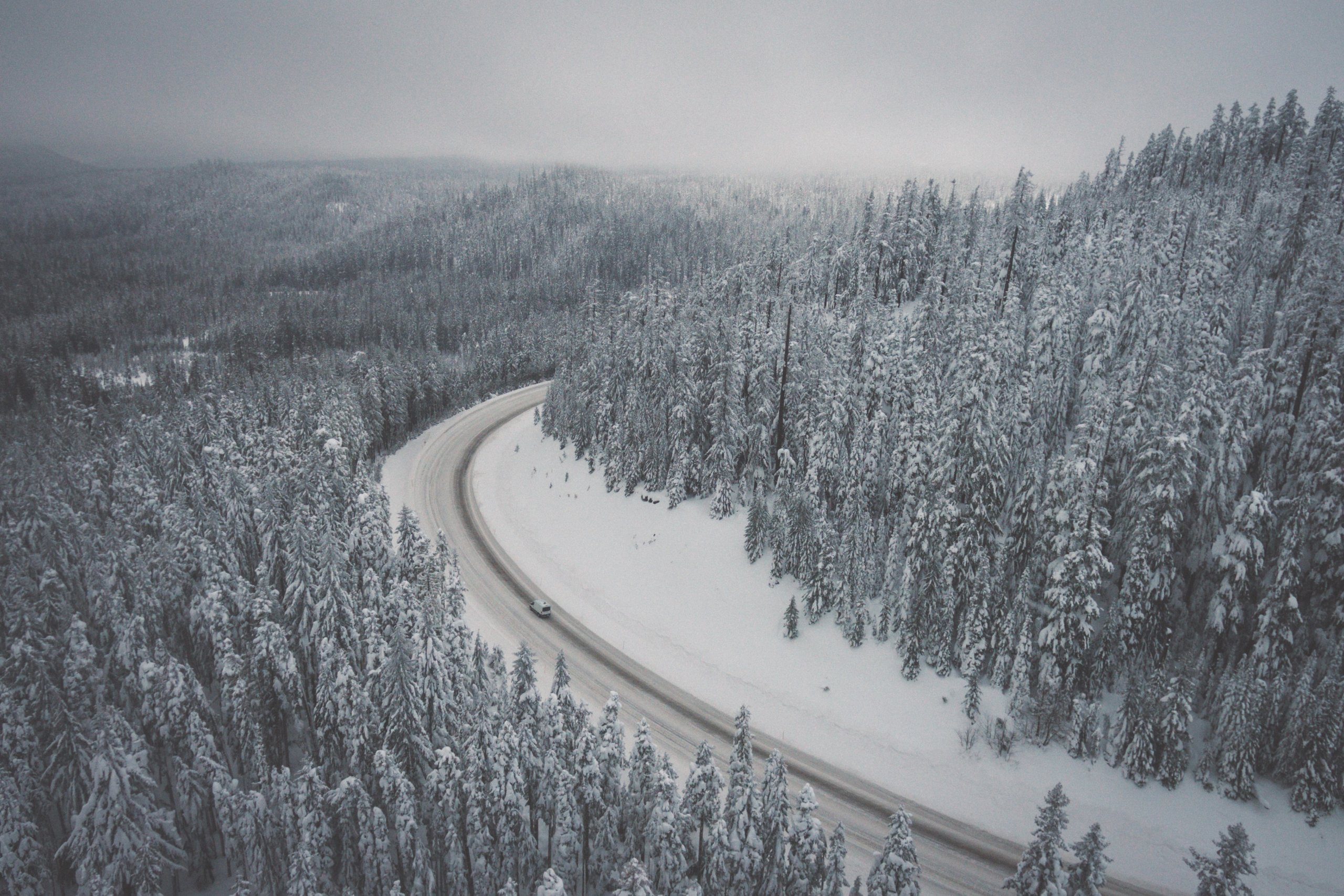Scientists from around the world gather to share their research and insight into ocean science and conservation at the International Marine Conservation Congress (IMCC). COMPASS teamed up with Dr. Stephanie Green (Center for Ocean Solutions) and Dr. Kirsten Grorud-Colvert (Oregon State University) to hold storytelling workshops at past IMCCs, which provided participants with an opportunity to build their communication skills and share the results at a live performance during the conference. These scientists told amazing stories about the places they go, the people they meet, and the things they learn. Dr. Derya Akkaynak, Josh Silberg, and Matthew Tietbohl provided a peek into the process of creating and sharing stories about science, and the power of crafting a story, below.
What got you interested in telling stories, or attending the workshop?
Derya: I find well-told stories fascinating to listen to. I am a fan of the Moth Radio Hour and the Story Collider. I am not a good story teller myself, probably because I only focus on facts and data, which is perhaps why I am pursuing a career in science. I wanted to learn the rules/guidelines to construct a story from pure, boring facts, so I could perhaps get people interested in my science if I package it in a catchy story.
Josh: I’d been getting increasingly more interested in science storytelling with the rise of groups like Story Collider. But I hadn’t yet attended a formal training where we discussed the process behind creating and telling an engaging story.
Matthew: After reading ‘Escape from the Ivory Tower’ and multitudes of blog posts about the importance of science communication over the past few months, it really hit me this was one part of myself, as a person and scientist, that could use some training. I was keen to join the workshop to practice and improve my story telling abilities so that I can be a better communicator of science across the board.
What surprised you about sharing your story?
Josh: I was surprised I could tell a compelling story that didn’t involve an adventure, or one specific epiphany moment. It was a rewarding challenge to devise a story that could resonate with a diverse audience comprised of people from both within and outside of academia.
Matthew: I was surprised by the little details that ended up coming out of my story, all the small things I had forgotten. It was fun remembering these details and reflecting with more depth on a story I had not thought about with intent in a while.
Derya: That I was able to put together a story that conveyed a message!
What is your personal ‘So What’? Why are you inspired to share your work?
Matthew: I hope to be able to share my utter fascination, my amazement, and my interest with others to inspire them to feel akin to what I feel when I look at the natural world. My goal of communicating about science and nature is to instill a passion and demonstrate the beauty, wonder, and importance of these topics to others who might not always think like I do.
Derya: I changed careers from industry (IT consulting) to academia (oceanography), because I didn’t want to be stuck in an office for “work”. I wanted the outdoors to be the setting for my job. I imagine that there are quite a few people who would like to do a similar change, but they maybe are not brave enough, or they don’t know how to do it, or that it is possible. I wanted to inspire them.
Josh: I’m inspired to share my work because many of our experiences are quite universal. By personalizing science through stories, we portray science in a much more relatable, realistic way. Science is more than a highlight reel.
Do you have any advice for others who are interested in engaging? Any tools or tips that particularly helped you?
Derya: Listening to Moth Radio Hour and the Story Collider helped me understand what it was about the stories that I liked that worked for me. I would recommend that anyone interested in storytelling listen to these shows—even attend the live events. In the storytelling workshop, the Message Box helped me condense my thoughts into useful pieces for the story.
Matthew: ‘Escape from the Ivory Tower’ is a fantastic book that exposed me to a lot of other ideas and thoughts about communicating science beyond Twitter and Facebook posts. I’ve just started reading some of Randy Olsen’s books as well which are great, but I also would recommend others interested in science communication to get out and practice, in whatever way they wish! Practice makes perfect as they say!
Josh: Don’t be afraid of your first draft. Embrace constructive feedback. Pause. Reflect. Often.
What will you do differently in the future, based on what you learned?
Matthew: One thing I will take away from the workshop is the story arc or ‘narrative graph’ to help my stories better grab the attention of others. This was initially a bit of a challenge for me, but I feel with practice, using proven story arcs will help my stories and science reach more people and hopefully stick with them for longer!
Josh: I’ll give myself quite a bit of time for brainstorming and getting feedback on practice runs. Each person who gave me feedback greatly improved the final story that was told in front of an audience.
Derya: Nothing differently, but I would prepare a story in advance and rehearse a lot until I don’t have to think about it anymore—and with that level of comfort, I can improvise a bit.
What was the most valuable thing about this experience for you?
Josh: The most valuable thing about this experience was watching the many different strategies people used to develop their stories in the workshop. Some wrote copious notes on message boxes (like me), others went off to practice alone, and some sat in silence while deep in thought. But in the end, after many rounds of constructive feedback, everyone told a remarkable, compelling story.
Derya: The self-confidence I gained, that I can formulate and deliver a story!
Matthew: Having time to sit down, talk with expert story tellers, and work through the process was invaluable to me. Given a busy schedule, it was wonderful for me to have a few whole days to commit to this workshop and really think with more intent and depth about what I wanted to say which I am trying to incorporate more into my daily life now.
Anything else to share?
Matthew: I thoroughly enjoyed this workshop and really value both the advice and practice I got in telling a story to the public. There’s a lot more to a story than meets the eye, and this became really apparent during the workshop. However, you do need to work to craft a good story, and I think this experience will go a long ways in helping make the science I do in the future more interesting to others, as I find different ways to weave it into various stories!
Derya: The next story I want to tell will be of this one time my mom and my aunt peed in their pants, because I got stuck having an extended boring conversation with a friend I didn’t even like, and forgot that I had to key to our house and garden gate which were both locked with multiple locks…
Josh: I would love to see storytelling workshops and shows held at more scientific conferences.
You can view all the stories from the Tales from the Sea performances at past IMCCs here.



